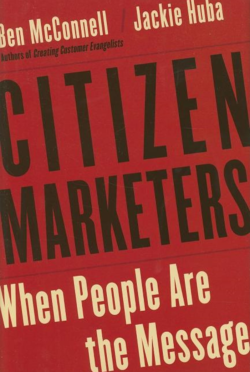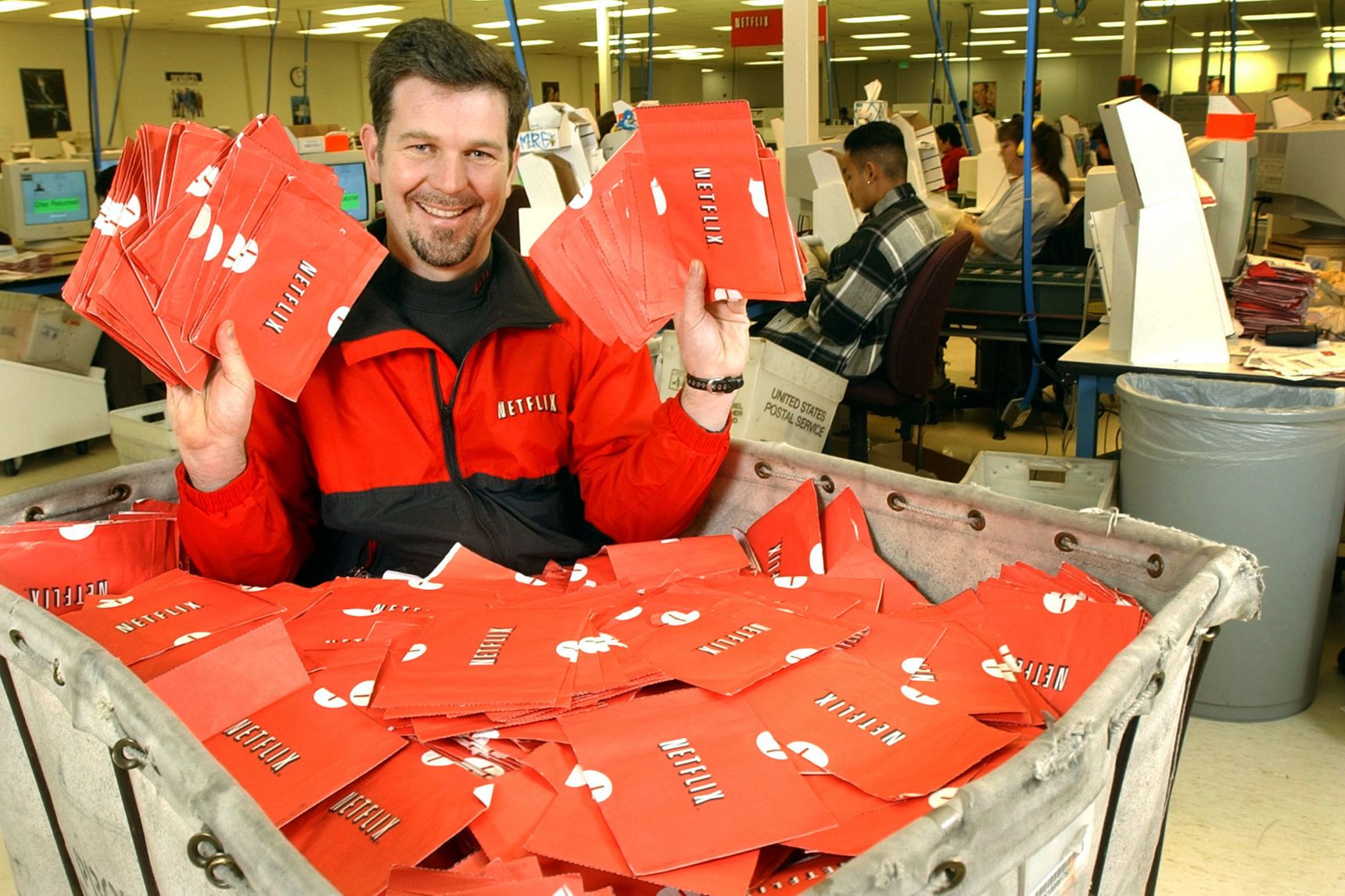LAST MONTH, AS BEN McCONNELL and Jackie Huba’s Citizen Marketers was heading toward bookstores, an unscheduled viral marketing event occurred at a private event celebrating the merger of MBNA and Bank of America. You might have seen it by now: Two pear-shaped managers with serious balding issues perform a cringeworthy rendition of U2’s “One.” (“And it’s ONE BANK, ONE CARD, one name known all over the world….”) What would have previously been endured with a groan by those present was instead recorded, doubtless by someone with a video-equipped cellphone. The clip inevitably surfaced on YouTube and ricocheted across the Internet, to global ridicule. (U2’s music publisher issued a threatening letter, but that’s another story.) Anyone even the slightest bit surprised at all this should drop everything and read this book.
Citizen Marketers offers a solid, sometimes insightful explanation of how the Internet has armed the consumer — which is to say, everyone — against the mindless blather of corporate messaging attempts. The stories it tells are not all negative by any means: For every vengeful YouTube posting there are countless blogs that celebrate products as diverse (and unlikely) as Chicken McNuggets, Barq’s root beer and HBO’s Deadwood. The author of a blog called Slave to Target confesses that the thought of shopping at Target stores makes her “simply feel orgasmic.” The point is that in the current era of blogs, podcasts, RSS feeds, mashups, Flickr, YouTube, MySpace and whatever is coming next week, corporate decision-makers are losing even the illusion of control. It’s a buyer’s world. Caveat venditor, as Mr. McConnell and Ms. Huba note: Let the seller beware.

CITIZEN MARKETERS: When People Are the Message
by Ben McConnell and Jackie Huba

 December 21, 2006
December 21, 2006



